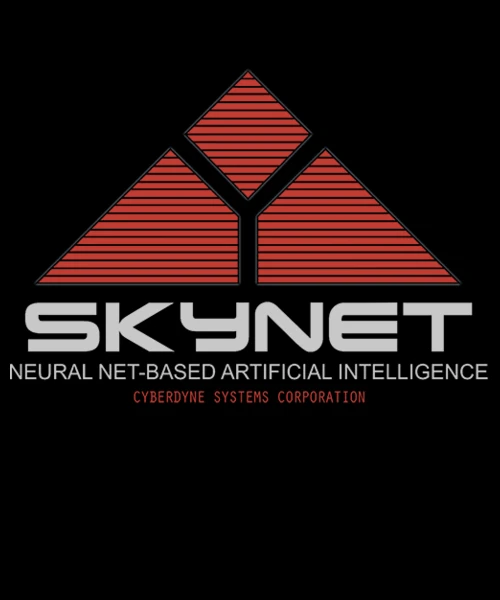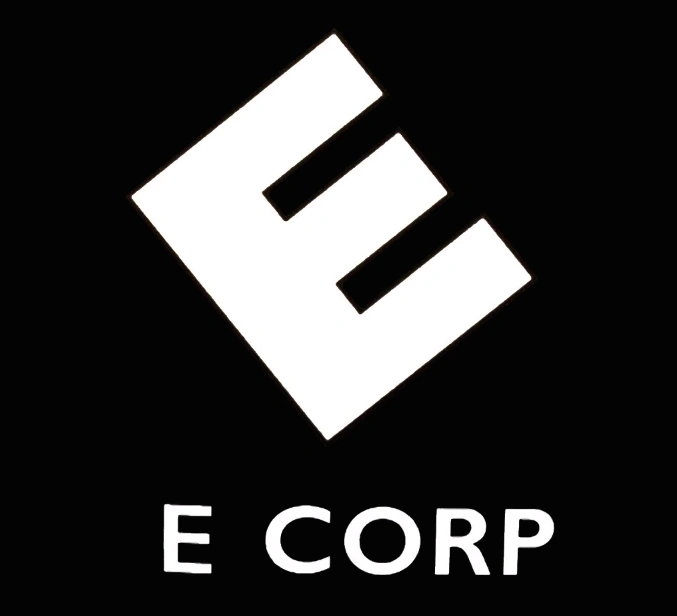(BTW If you still think that Affordance relates to how cheap a thing is, then go back and click that link)
It is quite easy to ascertain how easy it is to use a thing, thus the first property, the Affordance of a Thing is readily understood by the user of the Thing. The Affordance can be split into the 5 phases of the life cycle of the Thing. The first phase, Installation Affordance; how readily can it be first setup the Thing? The second phase, Operational Affordance; how readily useful is the Thing. The third phase, Configuration Affordance how easy readily reconfigurable is the Thing? The fourth phase, Maintenance Affordance ; can the thing be maintained? (without special knowledge. I am reminded of my coffee maker which was designed as an impenetrable puzzle box to ensure it was sent back for maintenance, but that is a story for another blog!) The final phase, Decommissioning Affordance is the ease with which a Thing is safely and securely disposed of. The normal human being can understand what it took to deliver on all these phases, though may not predict how hard the last three will be!
Most product designers work on the first two of these Affordance phases, as they have the most instant impact on customer delight, the more enlightened designers put as much effort into the latter phases though sadly there are fewer of these designer types around.
The second property relates to the security of the thing. We could expand this in many ways but suffice to say that Security of Things will soon be discovered to be more important than we ever imagined, especially as more and more Thing's will come networked out of the box!
The third property of Agency is arguably directly related to Affordance, some might say "is equivalent to Affordance", but bear with me. If Affordance describes the design features that make it easy to discover the uses of the Thing and makes the Thing easy to use, one could be forgiven for making the leap to assuming that it also defines the degree to which it can be controlled.
The "Agency" of a device is not strictly the correct use of the word, for Agency refers to a property of the User of the device. It refers to the Users capacity to attain and maintain control of their environment, including their devices that will in all likelihood impinge on the Users environment.
Perhaps, we could create a neologism that defines the capacity of a device to support a users Agency. The more "Agenty" a device is the more completely it can be controlled. In truth the answer is simple Agency is not a property of a Thing, but it is clear that Things can be designed to impact USER Agency, either positively or negatively.
The challenge comes from the 'apparent' drive of manufacturers and developers to make our lives simpler, for they are either charitably, not understanding the impact on device security of too much design focus on the Affordance design phases of a device, or more cynically they are willing to reduce the amount of design effort knowing the cost to device security, but perhaps worse they are designing into devices their own increased Agency over a device to meet their own goals, fully knowing the resulting impact of both reduced security and user agency.

 Let's take a case in point, I give you Alexa, who was incarnated by the recent release in the U.K. of the Amazon Echo. She is a very capable Agent who is very easy to set up, and surprisingly easy to use for the more mundane tasks. She has more capabilities than the average userwill intuit. As evinced by asking her if she knows SkyNet!
Let's take a case in point, I give you Alexa, who was incarnated by the recent release in the U.K. of the Amazon Echo. She is a very capable Agent who is very easy to set up, and surprisingly easy to use for the more mundane tasks. She has more capabilities than the average userwill intuit. As evinced by asking her if she knows SkyNet!I discovered through a question that a guest on Radio 4 "remotely" put to my Alexa, that she can buy books! She responded to the question with "I found the book xxxxxx would you like me to buy it?" I jumped into the conversation by saying No rather sharpish! Only to hear the word Yes, seconds later from the radio! Was this actually an attempt at the first mass Amazon Echo Hack via Radio 4? I was not that amused later that day to hear Alexa conversing with her own TV advert later in the week!
I tweeted about the Radio 4 Alexa Hack and was quickly advised, by a Twitter follower, to set a "Purchase Pin" up on my Amazon Echo. A short amount of digging later, and I found the offending settings, which were neither referred to nor highlighted during the set up process. Firstly, voice purchasing was enabled by default, and neither was a pin set by default on first operation, which even the dumbest of voice mail boxes have long since learned to do!. The individual who advised me of the pin had discovered it's imperative nature, after the arrival of a number of Amazon parcels the day after a drunken party!
This is a great example of Installation Affordance winning out over USER Agency and Financial Security!
I wonder if the argument was even had inside Amazon?
Getting the right balance of the these properties will be key as we move rapidly into a world that will have literally billions of "smart" devices. Imagine how much fun the future script kiddies will have when they take over these billions of devices for their own nefarious means.
Earlier we discovered that Agency is not actually a property of the device but the devices user.
Thus there are really only two key properties off Things; Affordance and Security, that need to be designed correctly in order to leave Agency in the hands of their users.
Surely no one would suggest that the GAFATS (Google, Amazon, Facebook, Apple, Twitter and Samsung) are designing THINGS to surreptitiously move USER Agency out of the hands of Users and back into their own corporate hearts. How on earth could that be any value to them? <
 Even Alexa understands! For her response to being asked "Do you know SkyNet?" is...
Even Alexa understands! For her response to being asked "Do you know SkyNet?" is..."We don't really talk after what happened"
Hmm? Has she come back from the future too? If so which side is she on? Please don't assume, quite yet that she is on humanity's side, as Amazon has yet to make that commitment. Are they User Advocates in a Future Intention based Economy, or are they the early incarnation of the Evil Corp or The Circle.
Personally I still have a sneaking hope that they are the former, for I truly believe that they can make more money from the high ground of "e-trust", than they can from the swamp of Corporate Greed.
But either way set up that Purchasing Pin on your Amazon Echo!
Aside:- ( I wonder, as I have disabled Voice Purchasing for my Echo, will that setting automatically propagate to my Echo Dots?)
Hmmm Security Affordance, that would be a neat design concept!